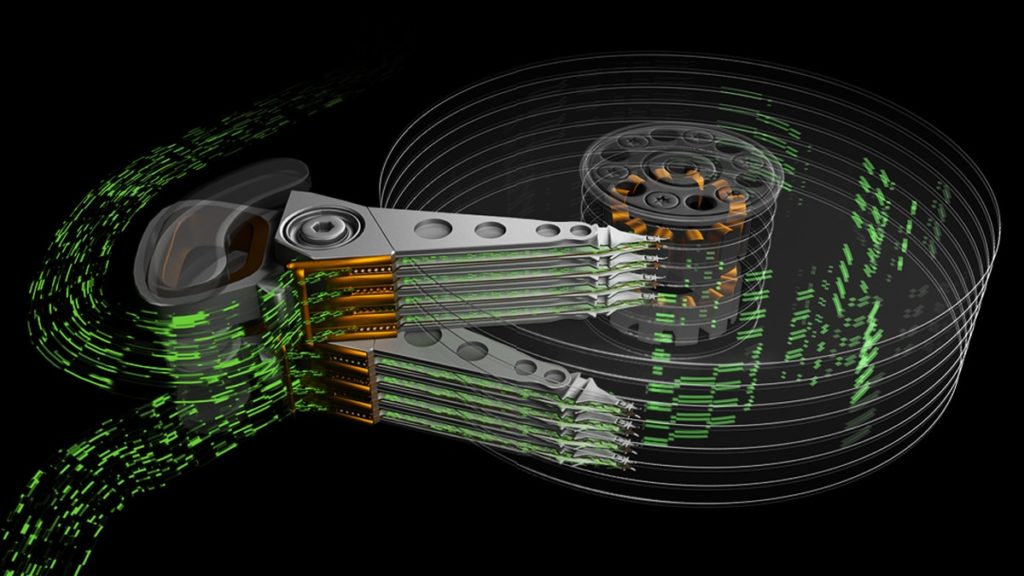
SSDs may be a lot faster than HDDs, but they could be the wrong choice for the environmentally conscious.
That’s according to at least two researchers from the University of Wisconsin-Madison and the University of British Columbia, who have shared a new report exposing “the dirty secret of SSDs.” Although SSDs are also favorable for consuming less power than their mechanical counterparts (56.9 kWh for an SSD versus 183.9 kWh for an HDD over five years of use), the researchers came to the conclusion that they do result in significantly higher combined CO2 emissions.
An SSD emits 184 kg. of CO2 over five years, while an HDD with the same capacity emits only 99.6 kg., according to the report. The test involved 100 SSDs and something called a storage embodied factor, per Basic Tutorials, which spotted the research.
To do this, the researchers say they compared 94 LCA reports of SSDs to better understand the carbon footprint. For the comparison, they calculated a so-called storage embodied factor (SEF), which represents the rate of CO2 emissions with the capacity of the storage medium.
On average, SSDs would have a SEF of 0.16, while classic mechanical hard disks would only have a SEF of 0.02.
While most CO2 emissions are generated in the production of SSDs, it is exactly the other way around for HDDs. These are significantly less harmful to the climate in production, but in the long term will require more CO2, they said.
“HDDs are more bulky and require more material in manufacturing,” the researchers said. “Therefore, one might think that manufacturing would require more CO2 emissions compared to SSDs. However, our analysis of 24 published LCA reports shows that exactly the opposite is true.”
The researchers have presented four solutions to compensate for SSDs’ higher emissions. One includes the use of single-level cells (SLC) as opposed to multi-level cells (MLC), the latter of which can be recycled and reused for the former, albeit with lower capacity.
Hard drives remain king in terms of cost/capacity, but they have been completely overshadowed by SSDs in the performance department, particularly following the advent of modern standards that include NVMe.
Source: arXiv (via Basic Tutorials)
